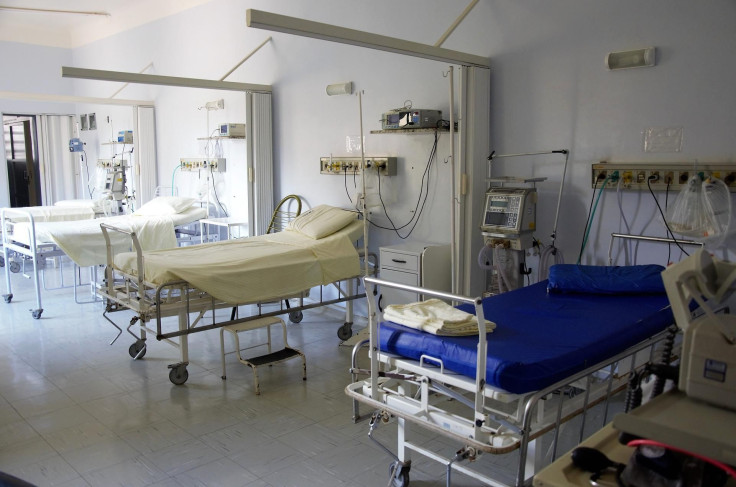
Nearly one in five Hispanic Americans lack health insurance, a proportion almost three times higher than that of non-Hispanic white Americans and represent nearly half of the total uninsured population in the United States, according to a new study by the Center for Migration Studies.
However, even though the figure is disproportionately large, it has shown significant improvement, considering that it was 33% in 2010.
While immigration status might seem like a primary factor, it only explains part of this disparity, the study explained. Overall, there are approximately 7.4 million undocumented Latinos immigrants in the U.S., half of whom lack health insurance. However, they represent only about a third of the total uninsured Hispanic population, which currently amounts to about 65 million.
Emergency room visits, often a result of untreated health issues, can result in significant costs. Arturo Vargas Bustamante, a public health researcher at UCLA, told study researchers that the burden of uncompensated emergency room care contributes to higher insurance prices, emphasizing the inefficiency of this healthcare financing method.
Looking at improvements achieved, the study points at the implementation of the Affordable Care Act (ACA), which expanded coverage options, particularly through Medicaid expansion for low and moderate-income individuals.
While ACA's Medicaid expansion has provided coverage to more individuals, some states, including Texas, Florida, and Georgia, have not adopted it, leaving significant numbers of uninsured Latino residents without access to affordable healthcare.
Uncertainty surrounding immigration policy also deters some eligible Latinos from enrolling in Medicaid due to concerns about potential repercussions on their immigration status, despite assurances from some states that information will not be shared with federal authorities.
Language barriers can also complicate access to healthcare, as those with limited English proficiency are more likely to be uninsured.
Despite their substantial contributions to the economy and healthcare system through taxes and insurance premiums, immigrants, particularly the undocumented, often do not receive equitable benefits. Studies indicate that immigrants, including the undocumented, effectively subsidize the U.S. healthcare financing system.
In light of these challenges, some states are taking steps to expand healthcare access to undocumented residents. California's recent decision to offer access to its Medicaid program, Medi-Cal, is among the examples. However, eligibility criteria and income limits may still leave many uninsured individuals without coverage.
Expanding Medicaid and providing access to state health insurance exchanges could offer viable solutions to address the healthcare needs of uninsured Hispanics, the study added, thus ensuring greater equity and reducing the burden on emergency services.
© 2024 Latin Times. All rights reserved. Do not reproduce without permission.







